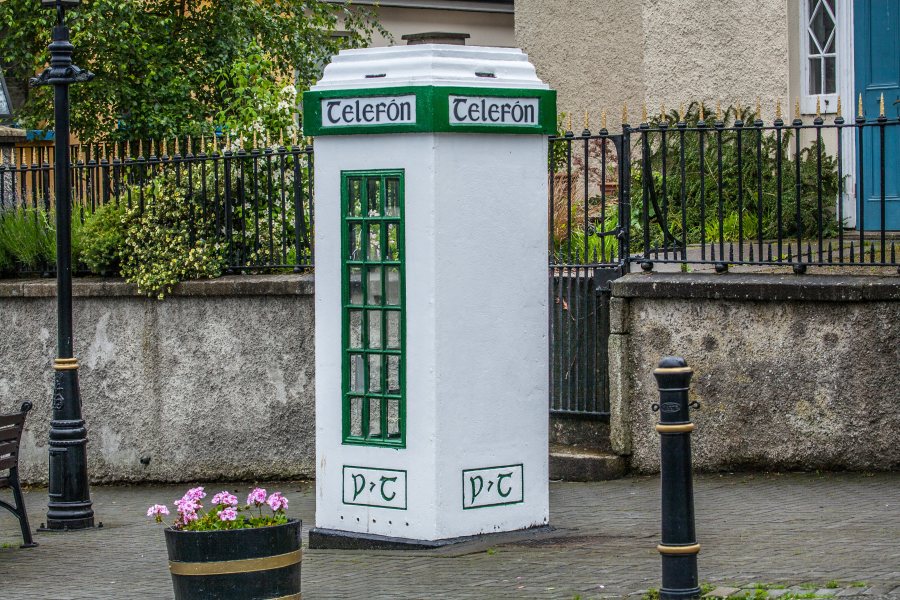Lesson 2: the National Electrical Code Process/

No country currently has the country code of 35. However, many small European countries have codes that begin with the numbers three and five, namely Finland (358), Gibraltar (350), Ireland (353), Portugal (351), Albania (355), Bulgaria (359), Cyprus (357), Iceland (354), Luxembourg (352), and Malta (356).
International Access Codes
To place an international call, you need more than just the country code ― you also need the international access code of the country you are currently in. The most common code is 00, which is used in countries such as the United Kingdom, France, Mexico, Malaysia, and India. The second most common code is 011, which is used by the United States and its overseas territories, Canada, Australia, Jamaica, the Central African Republic, and other countries. Other codes also exist, such as 010 for Japan, 009 for Nigeria, or 119 for Cuba.
Country Code
The country code is the next number needed to make an international call and is determined by the location of the number one is calling. For the U.S., Canada, and overseas American territories, this number is one. For Europe, this number is two- or three-digits long and begins with either a three or four. The only exception is Russia, which is simply seven.
P hone Number
Finally, you have the phone number itself. Depending on the country, this will usually include an area code that specifies a broad geographic area within a country, a prefix that specifies a more limited area, and a line number that provides the address for receiving phone. In the U.S., the first three digits are the area code, the second three are prefix, and the final four are the line number.
M aking the Call
Making an international call to or from Europe, Canada, and the U.S. is almost as simple as stringing these three numbers together, although there are a few additional rules to keep in mind. If you're dialing from a mobile phone in the U.S., Canada, or Europe, you can enter a plus sign instead of the international access code. Next, enter the country code. Finally, dial the phone number. If it starts with a zero, drop it unless the number is in Italy. Special rules apply to Hungary and Russia.
Keep in mind that European phone numbers vary in length much more than American phone numbers, even within a single country. Also, just like in the U.S., you can often leave out the area code altogether when making a domestic call in Europe — that is, if you're making a call from one local number to another.
Consider this example. If you want to call Ireland from the U.S., first dial the American international access code, 011. Then, dial Ireland's country code, 353. Finally, dial the full Irish phone number. If it begins with a zero, drop it.
C ountry Code Politics
While country codes may seem like a dry subject, they can also be very serious. Kosovo, a country that declared its independence from Serbia in 2008, is not recognized by the United Nations, and that means it's also not recognized by the International Telecommunications Union (ITU), the body that assigns country codes. As a result, Kosovans must use the country codes for Monaco (377) or Slovenia (386). However, foreigners must use Serbia's code (381) instead, causing Kosovans to pay millions in phone fees. Kosovans want their own phone number, but Serbia prevents them from doing this through the U.N. and ITU.
MORE FROM REFERENCE.COM
Lesson 2: the National Electrical Code Process/
Source: https://www.reference.com/geography/country-country-code-35-248a382345beed52?utm_content=params%3Ao%3D740005%26ad%3DdirN%26qo%3DserpIndex
0 Response to "Lesson 2: the National Electrical Code Process/"
Post a Comment